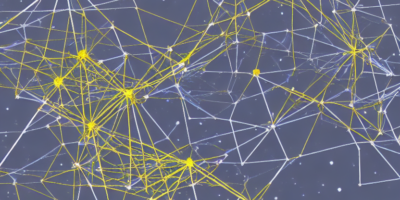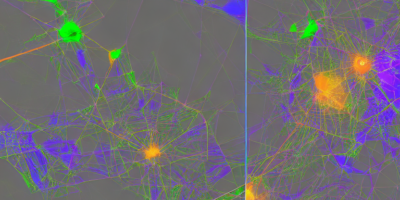Hearing is the ultimate reference tool for understanding sound, yet the conventional methods used in scientific research often neglect this crucial aspect. The article challenges the commonly held belief that analytical tools used in audio engineering are sufficient on their own to comprehend sound. Instead, it emphasizes the importance of listening to each element of the analysis to truly grasp the nuances of sound.
The author begins by acknowledging the limitations of current analysis tools and the need for a more holistic approach. They argue that these tools do not mimic the human perception of hearing and often rely on spectra, wave propagation models, and other complex mathematical equations to study transfer functions, harmonic content, and other acoustic properties. However, these methods overlook the crucial aspect of listening to the sound itself.
To drive home this point, the author uses an engaging analogy: "Imagine a chef trying to understand the flavors of a dish by looking at its ingredients list without ever tasting it." Just as a chef must taste the food to truly appreciate its flavors, hearing is essential for comprehending sound.
The article then delves into the specific challenges faced when analyzing sound in various contexts, such as music and speech production. The author highlights how these analyses often rely on subjective evaluations by musicians, sound engineers, or other experts who must listen to the sounds they are analyzing.
To further illustrate this point, the author offers a series of examples, including analysis of different recordings and versions of famous pieces of music, examination of entire albums or discographies, and investigation of representative styles or artists. Each example showcases the importance of listening to the sound itself, rather than relying solely on mathematical models or spectra.
The author concludes by emphasizing the need for a more holistic approach to audio analysis that prioritizes hearing as the ultimate reference tool. They argue that this approach can help bridge the gap between scientific research and practical applications in music production, sound engineering, and other areas where sound plays a critical role.
Audio and Speech Processing, Electrical Engineering and Systems Science
Designing a Versatile Sound Analysis Toolbox for Hearing-Based Audio Processing



